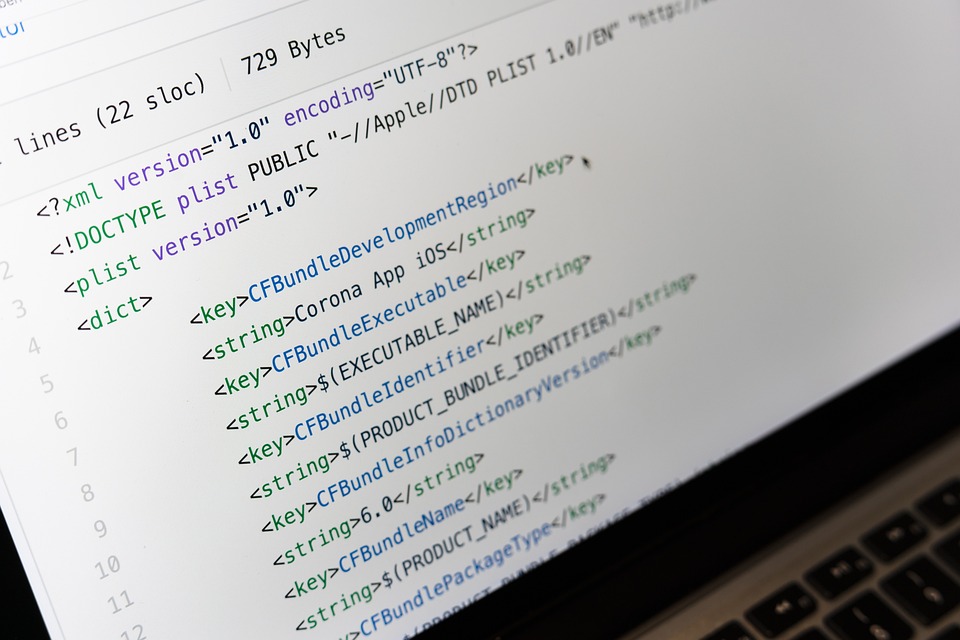[ad_1]
Meetings cover three main areas of responsibility: (1) to provide the policy and procedures; (2) to organize and run the meeting within its standing orders and formalities; (3) to expect the members participating in the decision making and initiating and implementing actions within the meeting’s areas of expertise and interest. When these three areas of responsibility are implemented consistently, meetings will become effective because the executive and members will get the opportunity to create new ideas, solve problems and make democratic decisions.
Most managers spend large amounts of time in meetings with their subordinates and company officials. They work as members of cross-functional work teams or as participants in special task forces. Conducting productive meetings is a recurring major challenge to many managers. Many meetings are simple information sharing sessions. The information can then better be disseminated by a short memo or a quick telephone call. Many other meetings are conducted to solve complicated problems while basic fact-finding and research has not been finalized.
The first step in conducting quality meetings is to ensure that the information provided is the appropriate vehicle for the type of communication required.
Effective Communication Skills for Conducting Meetings
1. Distribute the agenda of the meeting before the session starts. A memo is usually distributed among the participants containing the topics which will be discussed in the meeting session. Give all the participants a chance to share ideas about the topics which will be discussed during the meeting. Avoid determining too many topics for discussion. Be consistent with what you want to discuss in a particular meeting.
2. Invite all the relevant participants and decision makers. They will play an important role in the end decisions of the meeting in question.
3. Choose a suitable place for the meeting. Try to find a large place with the proper atmosphere and comfort. The right place will facilitate the exchange of messages and provide you the opportunity to say what is necessary.
4. Choose chairs with soft cushions with sufficient lighting.
5. Make minutes of the meeting and distribute it to the participants after the meeting. Important aspects before a meeting
Determine whether the issues at stake deserve to be solved.
• Are those issues important enough?
• Do we have enough resources and time to solve those issues?
• Are willing to allocate our resources and time to solve those issues?
Explain the purpose of the meeting.
• Why do we have to discuss these issues?
• What do we expect from this meeting?
• What are our roles in the attempts to achieve the targets expected?
• What do we expect from this meeting in connection with the relationships we have with outsiders?
Prepare yourself.
• What kind of problem do I have in mind and why?
• How can I express the problem in question?
• Is the problem caused by others?
• Do I have the willingness to listen to the other participants in the meeting?
• How do I feel about the problem? How do the others feel about the problem? Can we control our emotions when talking about it?
Approach the others.
• Contact the others and determine a neutral place to have a meeting.
• Ask whether all concerned can attend the meeting at a certain time and place.
Important aspects during a meeting
• Treat everybody with respect.
• Be honest.
• Listen to other views and understand why their views are important to them
• Explain your views and wants.
• Control your emotions. Take a break if necessary.
• Be patient. The discussion might be going in circles at times. Try to listen more carefully.
• Brainstorm. Share your ideas to fulfill the needs of all.
• Make a decision supported by everyone and make a plan of implementation.
Important aspects after a meeting
• Make minutes to record the joint decisions made during the meeting.
• In case the meeting did not produce a joint decision, plan the next meeting. Note down what has been discussed and what still needs to be discussed in a next meeting. This is important to avoid repetition of the same discussions in a next meeting.
• Make an agenda for the next meeting.
• In case crucial joint decisions have been made, evaluate those decisions. Monitor the implementation of the decisions. In case of deviations make necessary corrections or conduct an emergency meeting.
[ad_2]
Source by Martin Hahn

